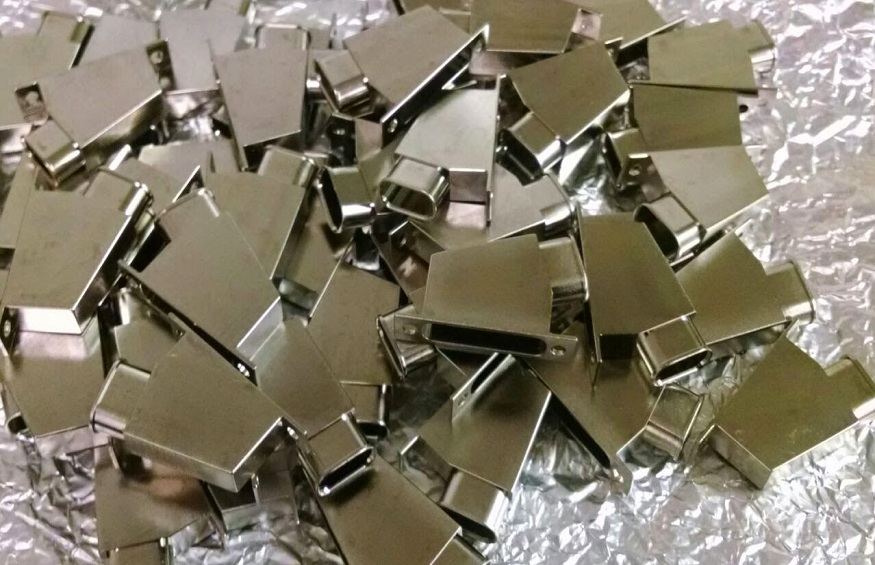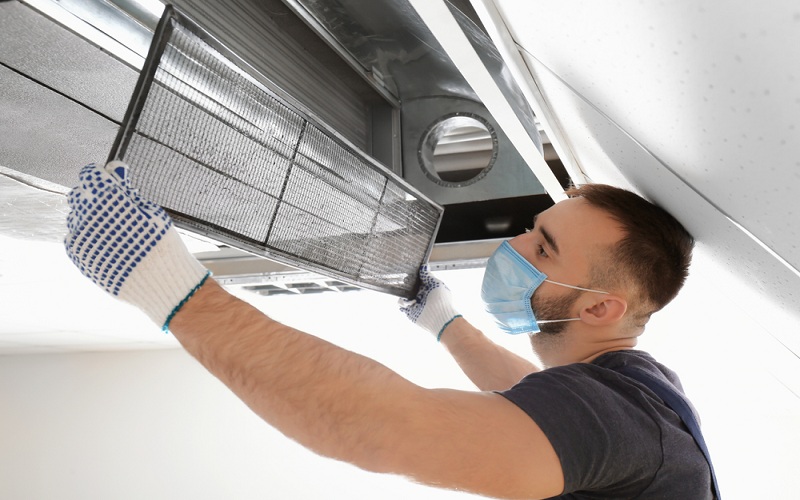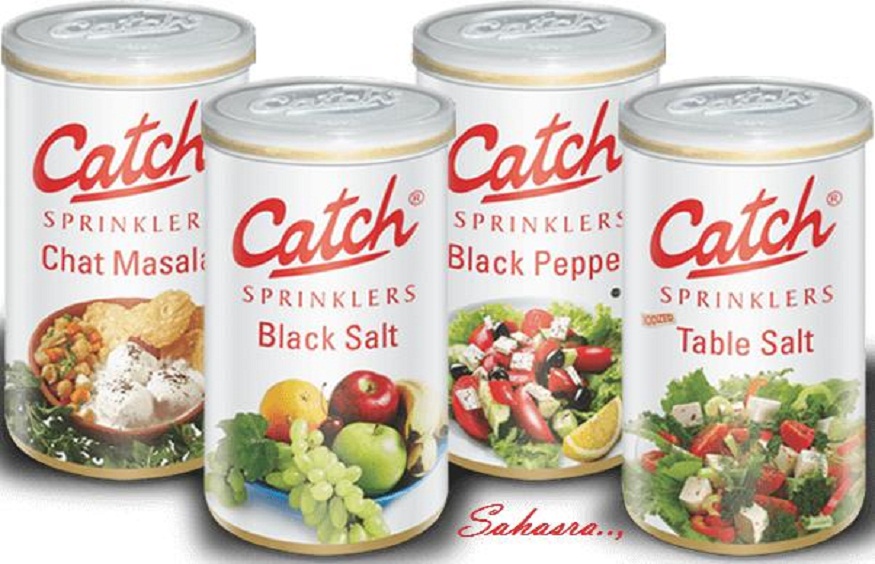Electroless Nickel Plating (ENP) is the deposit of a nickel-alloy coating by chemical reduction of nickel ions to metallic nickel to provide a unique combination of corrosion and wear resistance while adding brightness, luster, and appeal. The process leaves an excellent adhesion surface for subsequent coating layers. That explains why nickel is widely used as an ‘undercoat’ for chromium and other coatings.
A nickel-phosphorus deposit forms the majority of ENP for engineering purposes. The rate of corrosion resistance is proportionate to the amount of phosphorus content. However, the more the phosphorus content, the lower the hardness the surface becomes.
To uncover the benefits of electroless nickel plating services, keep reading to learn about their industrial Applications.
Aerospace industry
The aerospace industry operates under strict standards for all materials, coatings, and maintenance procedures for aircraft components, subject to thorough evaluation and testing before use.
The unique functional properties such as excellent adhesion, corrosion protection, hardness, erosion resistance, and uniform layer thickness, even on complex components, makes nickel-based plating the ideal option in aerospace applications.
The aerospace industry has the highest technical requirements in terms of safety and performance, and nickel, zinc-nickel, and electroless nickel coatings seem to work better for the industry.
Automotive industry
The process of selecting the appropriate coatings with the highest possible protection against corrosion and wear can be challenging. Plating and coating seem ideal in the car industry in ensuring safety and longevity.
Nickel plating provides aesthetics and durability. Zinc-nickel plating works best for applications that require the highest corrosion and heat resistance. Thus, this makes it the material of choice for high-performance coatings of bolts, fasteners, and brake parts in the automotive industry.
Furthermore, they are also useful in automotive hydraulic systems, shafts in different engine parts, and automatic gearboxes. A zinc-nickel coating is widely applied to aluminum and magnesium substrates since they contain between 12-15% nickels. Both are essential in the automotive sector.
Electronics
Vehicles, aircraft, trains, and other machinery work well when built with quality metals. Nickel plating ensures functionality and reliability in certain electronic components, such as connectors, microprocessors, contacts, and integrated circuits.
Nickel plating plays a crucial role in the electronics industry to curb demanding requirements for such components. The process provides corrosion resistance, offering high solderability and creating a barrier layer to avoid the migration of metals.
Aircraft on-site maintenance
With the Specialized brush plating technique, machine parts can easily be electroplated on-site. Therefore instead of dismantling and transporting the parts to an industrial plating location, brush plating can be applied using mobile devices that can be brought to the aircraft site to provide cost advantages in aircraft maintenance. As of today, the technique is widely accepted by the aerospace industry for landing gear maintenance.
Electroless nickel plating can save electricity costs since you only require a chemical bath to coat a nickel layer onto the metallic surface. Besides, surfaces coated in electroless nickel can even be used on non-conductive surfaces to enable the plating of wider base materials to improve the object’s resistance leaving a predictable, uniform nickel coating.













